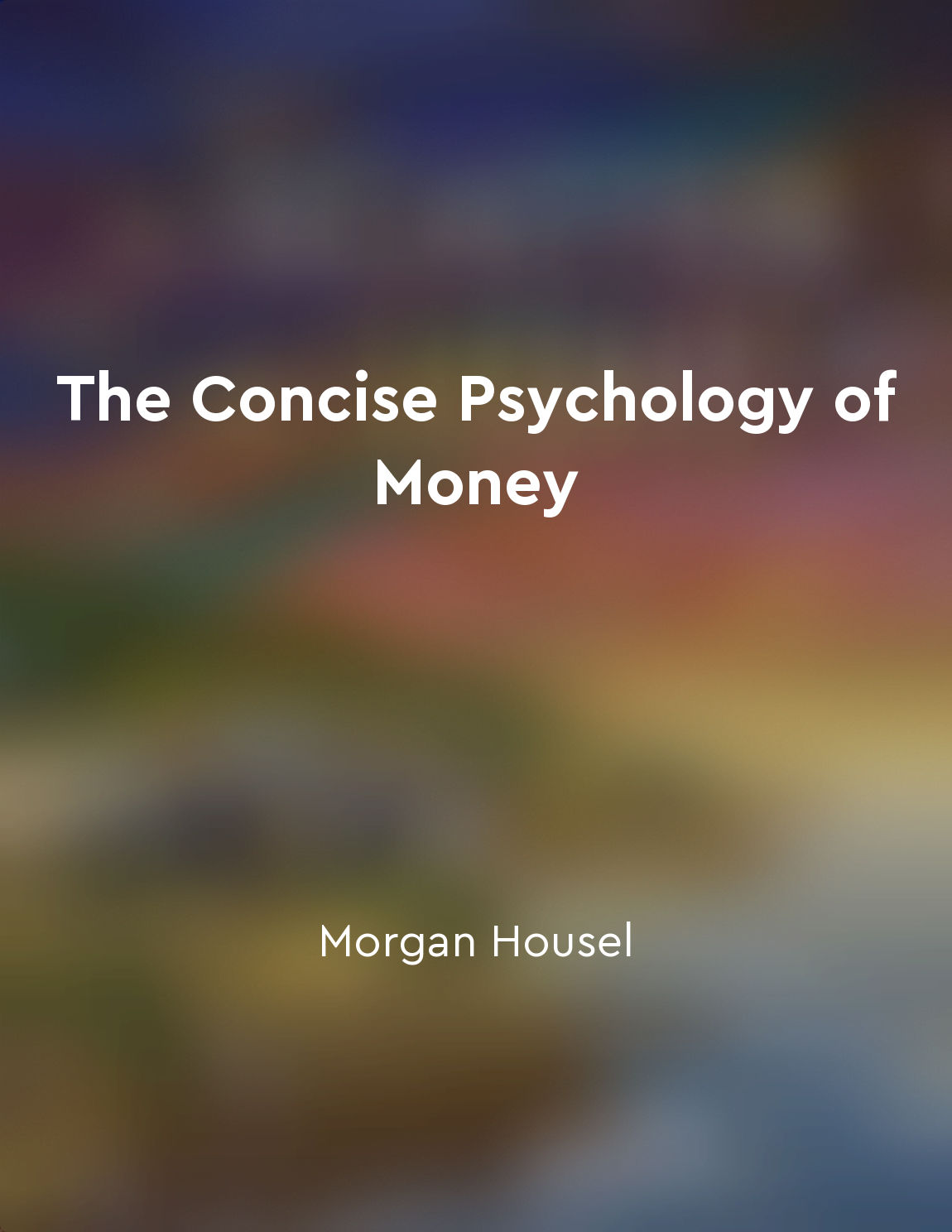Audio available in app
Our decisions are affected by our inherent cognitive biases from "summary" of Predictably Rational? by Richard B. McKenzie
Richard B. McKenzie delves into the intriguing world of decision-making in his book 'Predictably Rational?' He explores the idea that our choices are often influenced by cognitive biases that are inherent in human psychology. These biases can lead us astray, causing us to make decisions that may not always be in our best interest. One such cognitive bias is the confirmation bias, where individuals seek out information that confirms their pre-existing beliefs while ignoring evidence that contradicts them. This can lead to a skewed perception of reality, as people tend to dismiss information that challenges their worldview. Another common bias is the anchoring effect, where individuals rely too heavily on the first piece of information they receive when making decisions. This initial anchor can heavily influence subsequent choices, even if it is irrelevant or inaccurate. The availability heuristic is yet another cognitive bias that impacts decision-making. This bias causes individuals to overestimate the likelihood of events based on how easily they can recall examples from memory. For example, people may fear flying on airplanes despite statistics showing it is safer than driving because plane crashes receive more media coverage. Moreover, the overconfidence bias can lead individuals to overestimate their own abilities, knowledge, or judgment. This can result in poor decision-making, as people may take unnecessary risks or fail to adequately consider alternative perspectives.- Individuals can become more aware of how their decision-making processes may be influenced. Recognizing these biases can help people make more informed choices and avoid common pitfalls that may hinder their ability to make rational decisions. Ultimately, being cognizant of our inherent cognitive biases can empower us to make better decisions in both our personal and professional lives.
Similar Posts
Our brains can trick us into thinking we are right
Our brains can trick us into thinking we are right. This is a concept that has been explored in various studies and research, s...
Decisionmaking is improved when we consult with others and consider diverse perspectives
Human beings have limited knowledge and cognitive abilities. We cannot possibly know everything about every subject. Therefore,...
Investing in knowledge pays dividends
One of the most valuable investments you can make is in knowledge. This is because knowledge has the potential to pay dividends...
Neurons are the building blocks of the brain
In the vast universe of the brain, neurons are the unsung heroes, the fundamental components that make everything possible. Thi...
Emotions play a crucial role in decisionmaking
David Brooks delves into the intricate relationship between emotions and decision-making, shedding light on how our emotional r...
Seeking shortterm gains can lead to long-term losses
When you're fixated on making quick profits in the stock market, you might end up taking unnecessary risks that could ultimatel...
Personalized marketing messages resonate more with consumers
When it comes to marketing, the key to successfully engaging consumers lies in personalization. By tailoring messages to indivi...
Money can be a source of stress
Money is a curious thing. It seems to make the world go round, yet it can also cause a great deal of stress for many people. Th...

Financial education is key to making informed decisions about money
Understanding how money works, and the best ways to manage it, is crucial for making informed decisions about our finances. Thi...

Learn from your mistakes to grow and improve
One of the most important principles that I have learned in my lifetime is the value of learning from mistakes. It is a simple ...

